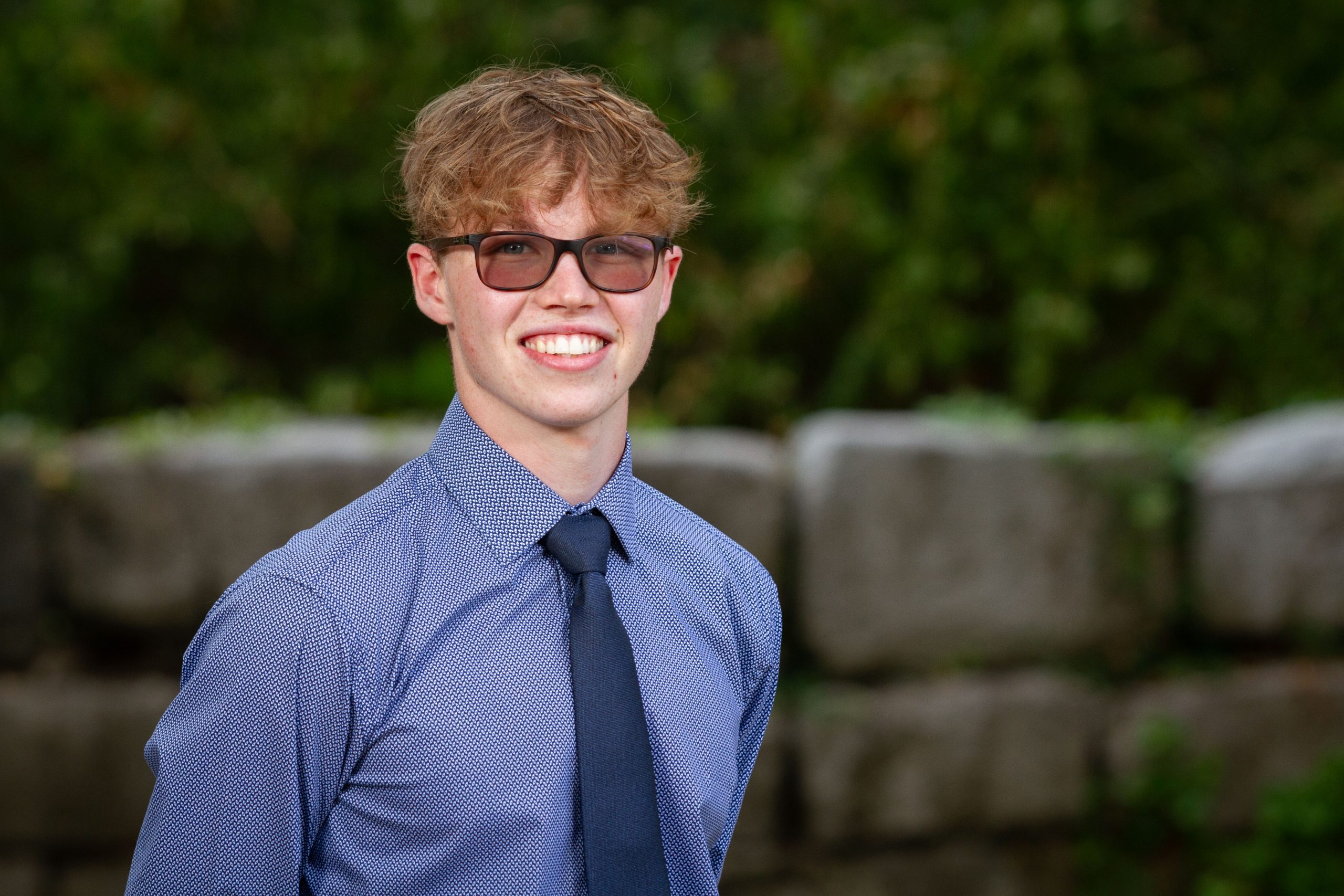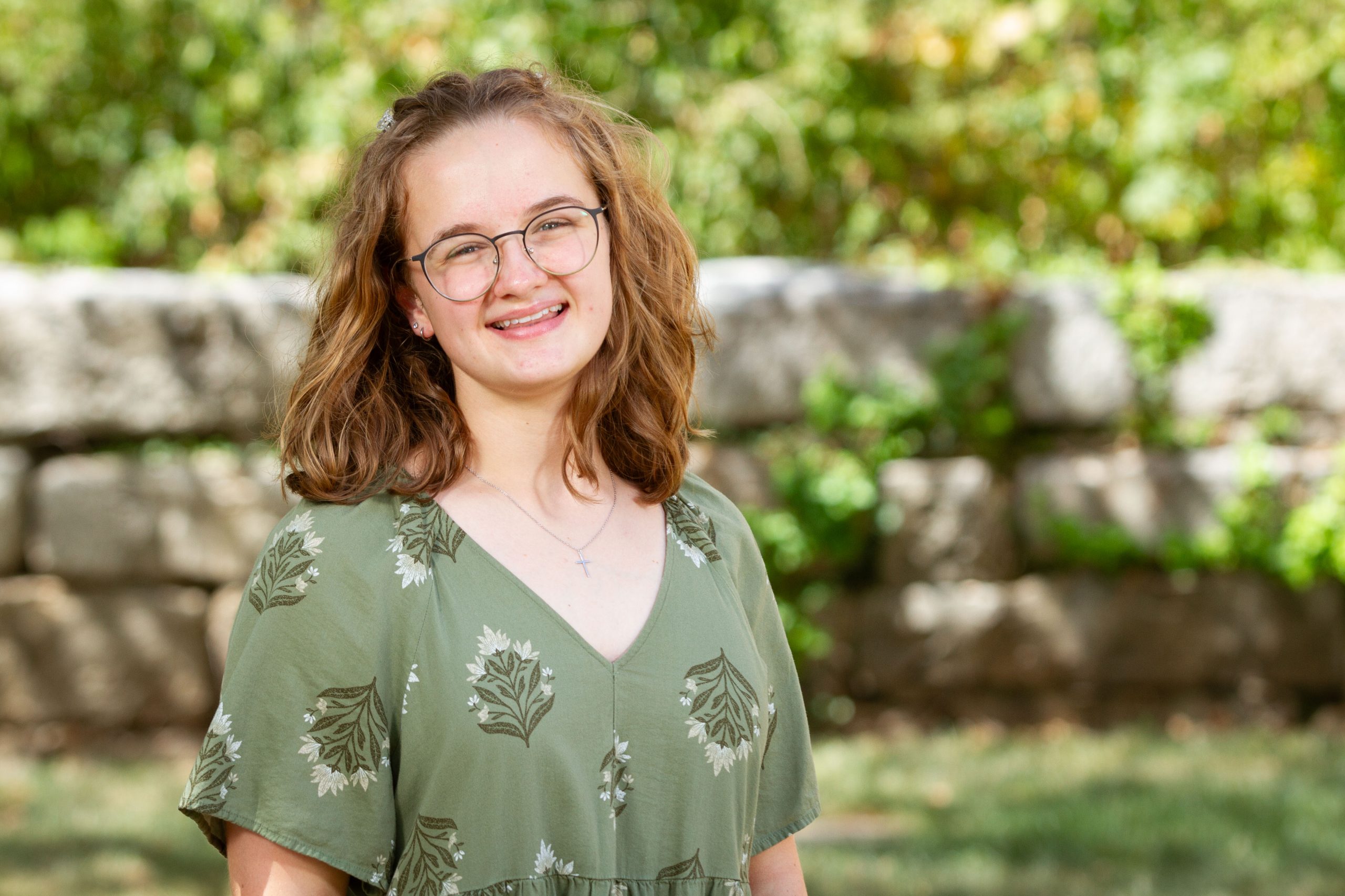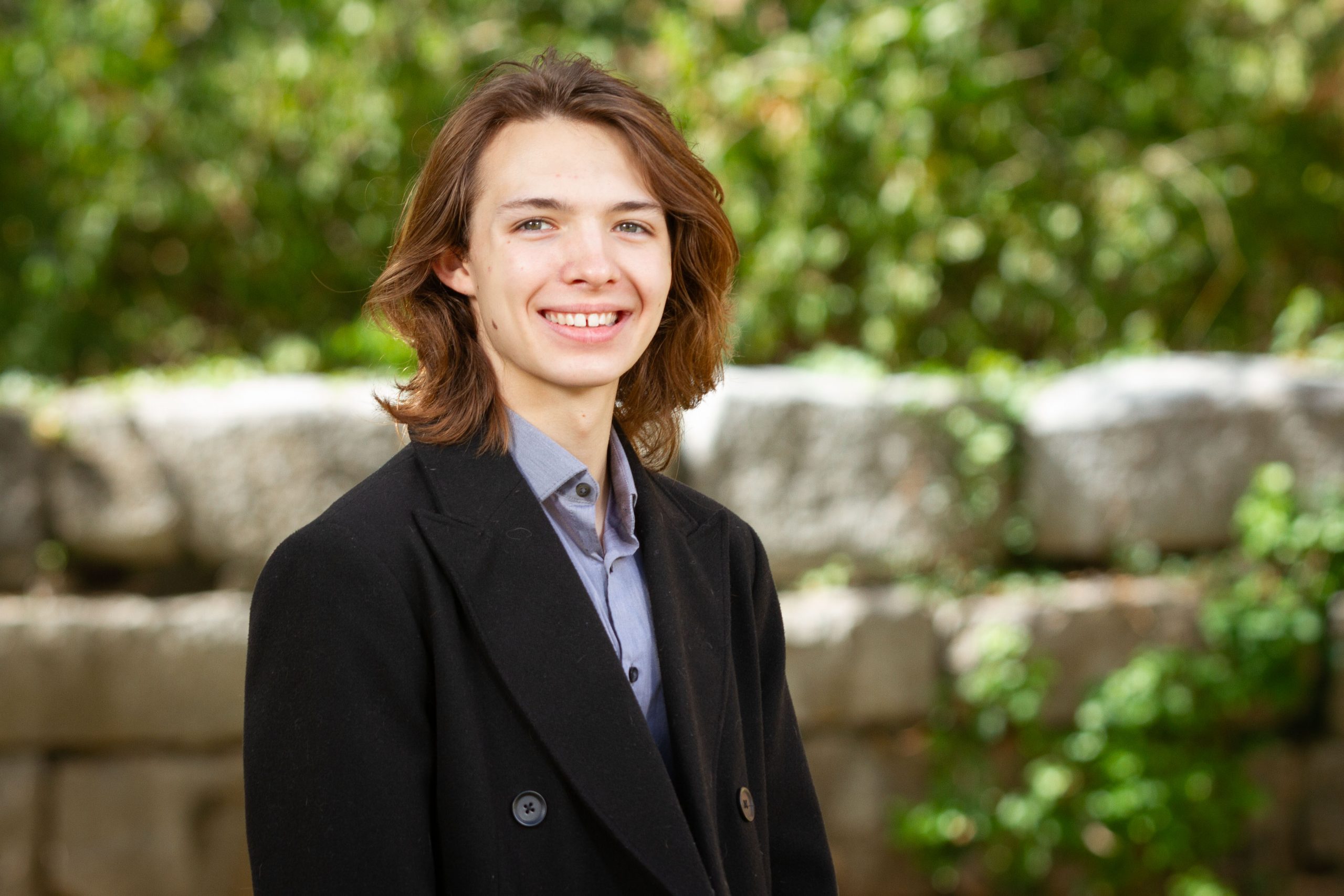[Photo Album] Astronaut, WKU Alum Terry Wilcutt Hosts Q&A with Academy Students
February 19, 2010 | Academics, Alumni, News, People, Photos, Research, WKU | No Comments

March 4, 2025

February 14, 2025

January 16, 2025
February 19, 2010 | Academics, Alumni, News, People, Photos, Research, WKU | No Comments
February 19, 2010 | Alumni, News, People, Student Life, WKU | No Comments

Even though the space shuttle program has only four missions left and the U.S. space program is facing an uncertain budgetary future, NASA astronaut Terry Wilcutt urged students at the Gatton Academy of Mathematics and Science in Kentucky to keep reaching for the stars.
The seemingly impossible challenge of missions to the moon or Mars “takes the best the country has to offer,” Wilcutt said. “That’s you.”
Wilcutt visited with Gatton students Anthony Bombik (Boone ’11), Kaitlyn Oliver (Muhlenberg ’10), Tejas Sangoi (Daviess ’11), and Michael Phillips (Marshall ’11).
In the morning session with Gatton students and an afternoon session with WKU students, Wilcutt said one key to working for NASA or becoming an astronaut is an undergraduate degree in math, science, engineering or other technical fields. But the most important thing is simply to fill out the NASA job application.
“The number one reason qualified people don’t make it is they don’t apply,” said Wilcutt, a Russellville native and 1974 WKU graduate. “Most people in the astronaut office applied more than once. They had a dream and refused to let go of it.”
Wilcutt taught high school math in Louisville before joining the U.S. Marine Corps in 1976 and earning his wings in 1978. In 1986, Wilcutt was selected to attend the U.S Naval Test Pilot School and was selected by NASA in 1990 and became an astronaut in 1991.
“For all means, have the nerve to apply,” he said. “If this is your dream, you’ve got to give NASA a chance to say yes.”
Wilcutt was the pilot on two space shuttle flights in 1994 and 1996 and the mission commander on flights in 1998 and 2000. The retired Marine Corps colonel now serves as director of Safety & Mission Assurance at the Johnson Space Center in Houston.
Wilcutt has “mixed feelings” as the space shuttle program winds down. “They’re going to miss it,” he said.

Next up for the space program is “game-changing technology” that would take humans back to the moon or to Mars, he said. But President Obama and Congress must agree on the NASA budget and other space program issues, Wilcutt said.
“Now that the president has laid out his vision, it’s up to us at NASA to go out and do it,” he said.
The NASA budget is just one-half of 1 percent of the U.S. budget and has shown its benefits in medical, environmental and scientific research, exploration, international cooperation and STEM (science, technology, engineering and mathematics) education among others, Wilcutt said.
“We’re not really an expense,” he said. “We’re an investment.”
Wilcutt said the best part of working for NASA is “the people you work with and the access to information” on topics like black holes, dark energy, cancer research, astrophysics and more.
“Every single day there something interesting coming through our office,” he said. “It’s like being a kid in the candy store if you have intellectual curiosity. No matter what you’re interested in, at NASA you’ll find the latest and greatest.”
February 18, 2010 | Alumni, News, People, Research, Video, WKU | No Comments
[Video Blog] Sydney Blasts Off With WKU Alum, NASA Astronaut Terry Wilcutt from Gatton Academy on Vimeo.
Even though the space shuttle program has only four missions left and the U.S. space program is facing an uncertain budgetary future, NASA astronaut Terry Wilcutt urged students at WKU to keep reaching for the stars.
The seemingly impossible challenge of missions to the moon or Mars “takes the best the country has to offer,” Wilcutt told a group of students at the Gatton Academy of Mathematics and Science in Kentucky. “That’s you.”
Later that afternoon, first-year student Syndey Combs has the opportunity to chat one-on-one with Col. Wilcutt about STEM, NASA, and making a difference.